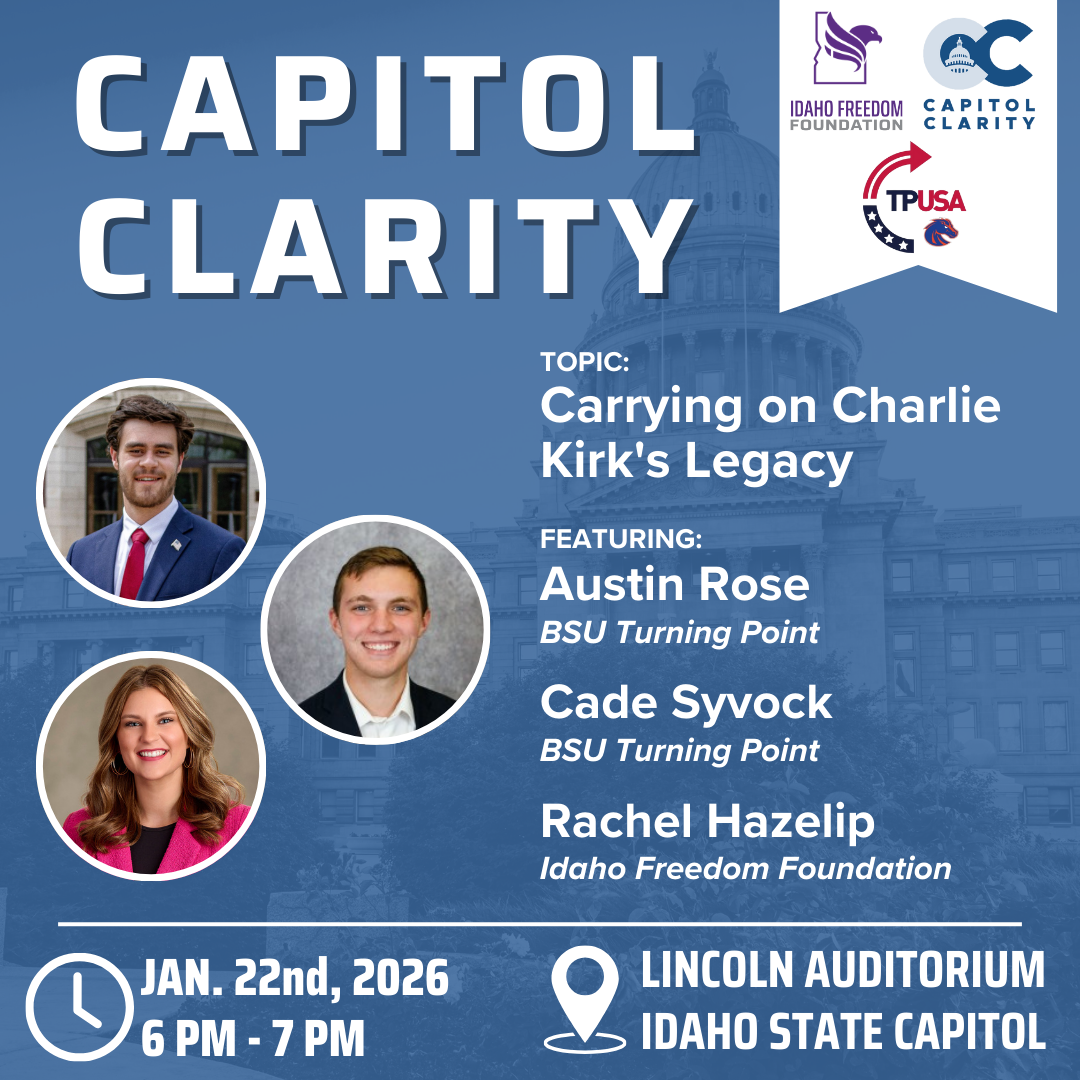


In celebration of our national heritage, we continue our Pride in America series by honoring a general who shaped a continent, halted communism’s spread, and challenged a presidency: Douglas MacArthur.
After serving in the Battle of Veracruz, World War I, and World War II, MacArthur was appointed head of the United Nations Command during the Korean War in 1950. It was in this pivotal role that he was seen as a lone voice in discussing the escalating threat of communism in Asia.
MacArthur saw communism as a movement that needed to be stopped quickly and at all costs, and advocated for a bolder strategy against Communist China, which had already seen success in pushing back UN forces. He argued that limiting the war to just the Korean peninsula was a dangerous half-measure.
This led him to propose multiple methods for weakening China and the North Korean army, ranging from targeting supply lines and bases to spreading a belt of radioactive cobalt across the Korean peninsula, truly exemplifying his famous quote, “Americans never quit.” These proposals placed him at odds with President Harry Truman, who feared this would evolve into a third World War involving the Soviet Union. After a game of political tug-of-war, President Truman deemed MacArthur too much of a liability and ultimately relieved him of command in 1951.
At the time, MacArthur was seen as an insubordinate madman whose priority was a military victory over global stability. However, MacArthur’s true goal, an ideological victory over communism, is what he envisioned as ultimate stability. Though his methods were unorthodox, he was one of the few to truly see the danger communism posed, and only now do we see how right he was.
As a result of the UN's half-measures, tensions during the Cold War only grew worse, and China emerged as a major geopolitical force. Unfortunately, his insistence on the threat China posed was vastly underappreciated by D.C. at the time.
Douglas MacArthur, though controversial, was a general who was far ahead of his time. He fought bravely for this country, earning the United States many victories in the Pacific, and was undeniably a man of extraordinary vision.


